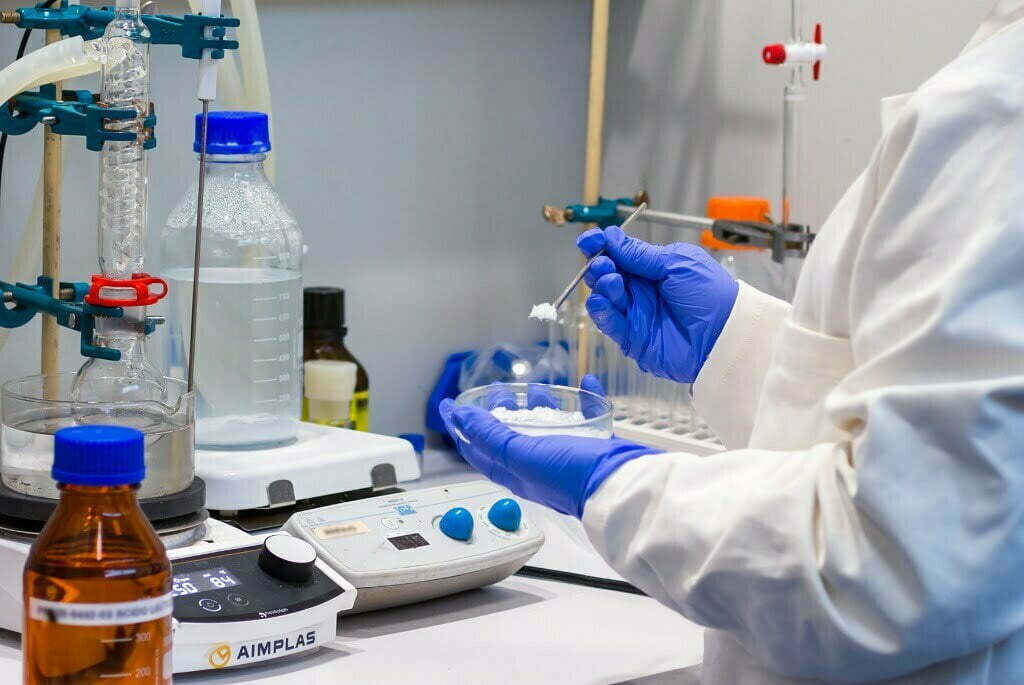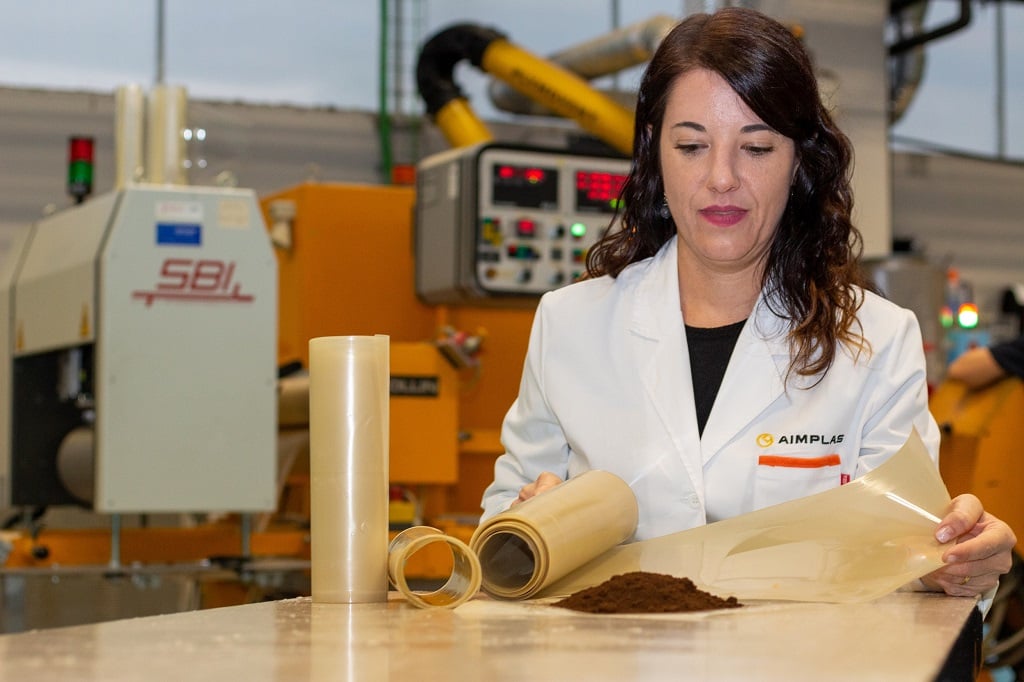D-CARBONIZE recruits 12 doctoral candidates with an innovative approach to using biomass to produce bioplastics

This month saw the launch of the D-CARBONIZE Project, a joint network of doctoral candidates (DCs) that aims to promote new approaches in circular chemistry to design and develop recyclable bioplastics from biomass. The consortium has therefore opened the selection process for 12 doctoral candidates interested in joining the network and becoming future leaders in the field of sustainable polymers, depolymerization techniques, biochar recovery and innovative catalytic strategies. The application form and information on the positions available can be downloaded from the project website.
D-CARBONIZE brings together a consortium of 12 partners led by Prof. Arjan W. Kleij from the Institute of Chemical Research of Catalonia (ICIQ). “Our aim is to use biomass as one of the starting materials to create plastics with similar or even better functionalities. In a few years, the coating on your smartphone and any other consumer product could be made from recycled materials”, said Prof. Kleij.
Belén Monje, principal researcher in mechanochemistry and reactive extrusion at AIMPLAS, pointed out, “The project is a great opportunity for doctoral students who apply to enter the field of biomass recovery for the development of biomonomers and biopolymers through the use of different batch and reactive extrusion technologies, with catalysis being a key point, as well as chemical recycling of the polymers obtained”.
Doctoral candidates participating in this network will receive a double doctoral degree from two of the six universities involved in the project. Over a three-year period starting in September 2023, they will receive comprehensive training that enables them to understand and design new value chains for bioplastics. This cross-cutting training will enable students to use catalysis as a key driver for the generation of sustainable monomers, polymers and materials that make up the value chain.
The innovative part of the training involves completing a partial project at two different host institutions, while another part involves working in the industry through secondments at one of the five companies participating in the network. Students will be exposed to commercial requirements, industrial installations and process scale-up, not to mention safety and financial assessments.
The consortium consists of six beneficiaries: Institut Català d’Investigació Química (ICIQ), Université de Liège, Rijksuniversiteit Groningen, Centre National de la Recherche Scientifique (CNRS), Universität Heidelberg (UHEI) and AIMPLAS, which will handle student tutoring. The team also includes five companies that will host students on short stays: BASF, Total Energies, Corning, Polykey Polymers and Celabor SCRL. The non-governmental organization CO2 Value Europe will sponsor dissemination and training actions, while partner universities Universitat Rovira i Virgili, the Université de Rennes and the Universitat Politècnica de València will make double doctoral degrees available.
New solutions for biochar recovery
The general idea behind the project is to take a two-pronged approach to minimizing the carbon footprint of plastic materials. This includes the design of recyclable polymers that can be reused in new applications when they reach the end of their useful life. The use of biomass and carbon dioxide will reduce the industry’s dependence on petroleum-based carbon for plastic production.
The D-CARBONIZE team will use different kinds of biomass, including glycerol from the biodiesel industry, as well as terpenes and sugars from plant and fruit waste, to produce monomers, polymers and plastic materials through catalytic transformation. The consortium members will then attempt to recycle the polymers into their monomer form or design new approaches for polymer development with the aim of achieving a circular approach at the atomic level.
The D-CARBONIZE Project is funded by the European Union within the HORIZON-TMA-MSCA-DN Programme under Grant Agreement No. 101073223.



